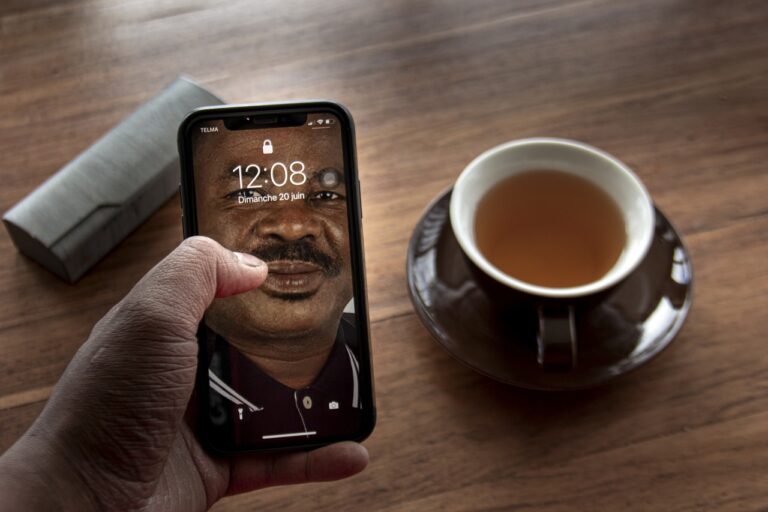The Future of Telemedicine: Remote Healthcare Solutions
Telemedicine has revolutionized healthcare delivery by breaking down barriers of distance and time. Patients living in remote areas now have access to quality medical care without the need to travel long distances. This convenience not only saves time and money for patients but also reduces the burden on healthcare facilities by minimizing in-person visits.
Moreover, telemedicine enhances the efficiency of healthcare services through quicker access to specialists and consultations. Patients can receive timely medical advice, prescription refills, and follow-ups from the comfort of their homes. This streamlined communication between patients and healthcare providers improves patient outcomes and overall satisfaction with the healthcare experience.
Challenges of Implementing Remote Healthcare Solutions
Incorporating remote healthcare solutions pose several obstacles that healthcare providers must navigate. One major challenge is ensuring patient data security and privacy when utilizing telemedicine platforms. With sensitive information being transmitted electronically, maintaining HIPAA compliance and safeguarding against cyber threats become critical priorities for healthcare organizations.
Another hurdle in implementing remote healthcare solutions is ensuring equitable access for all patient demographics. Disparities in technology adoption and internet connectivity create barriers to accessing telemedicine services, particularly for underserved populations. Bridging this digital divide to ensure that all patients can benefit from remote healthcare solutions remains a significant challenge for healthcare providers.







